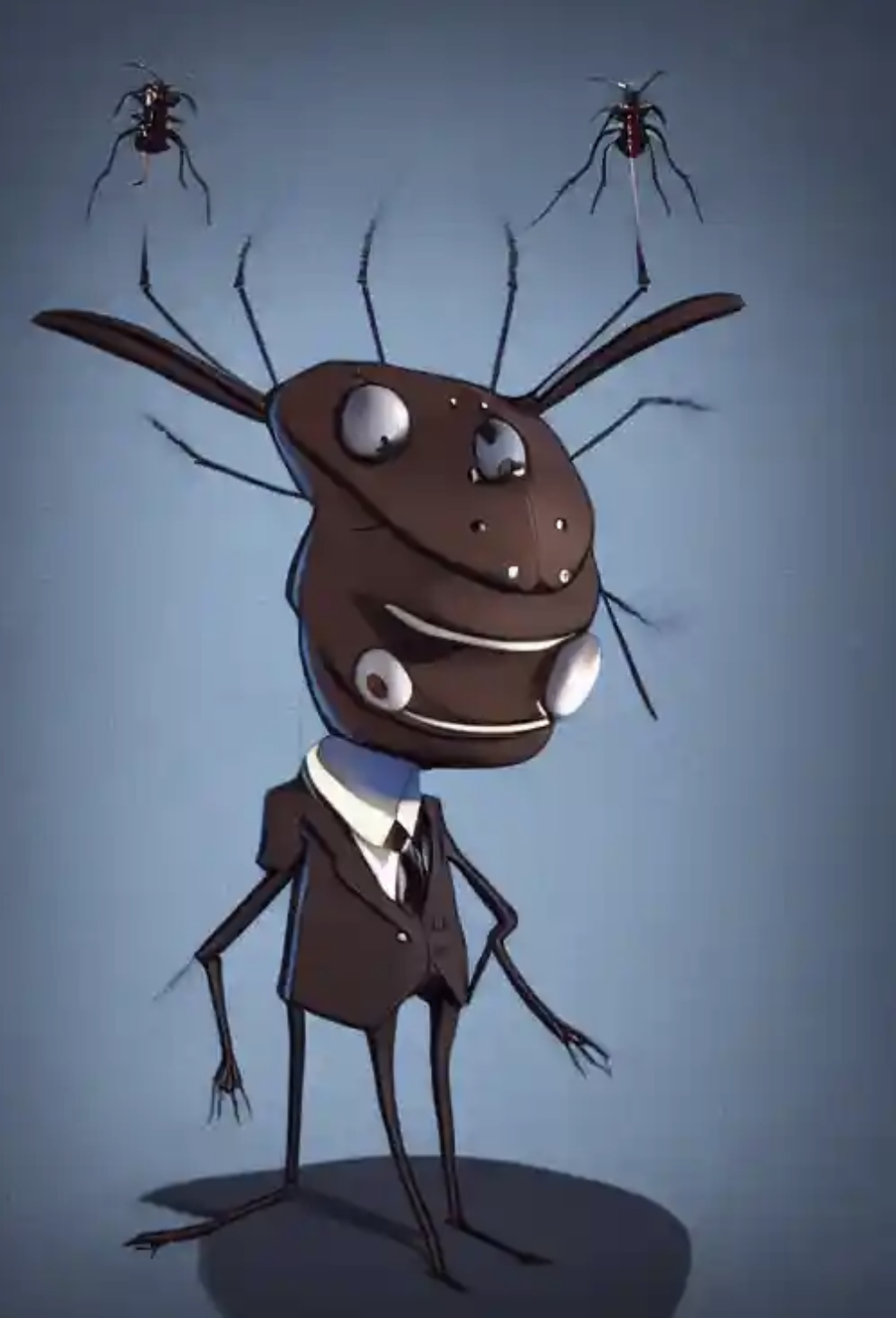Scientists Discover Ants Can Sniff Out Cancer in Urine

Cancer is one of the leading causes of death worldwide, with nearly 10 million deaths in 2020. Improving diagnostic methods could help increase survival rates, as early detection is crucial to better recovery outcomes. Currently, many early detection methods are either invasive or expensive, making them inaccessible to many people.
One alternative method being explored is the use of animals’ sense of smell to detect cancer. Scientists have found that ants can detect the scent of cancer in urine, which could one day become a cheap and effective method of cancer detection.

Animal olfaction, or the sense of smell in animals, is a valuable tool used by many species, including ants, to identify scents in their environment for various purposes. Cancer cells emit specific chemicals called volatile organic compounds (VOCs), which can be used to identify cancer. Ants, with their strong sense of smell, can be trained to recognize these VOCs.
In a recent study, researchers trained 70 ants, from the species Formica fusca, to distinguish between the scent of healthy mice and mice grafted with human cancer tumors in their urine. After just three training sessions, the ants were able to reliably identify VOCs, demonstrating their potential as a cheap and effective method of cancer detection.

Dr. Baptiste Piqueret, a study author, explains the key findings, saying that the ants were able to detect the presence of human tumors in a whole organism by smelling the urine of mice grafted with human tumors. He emphasizes that ants have the potential to be an efficient, inexpensive, fast, and easy bio-detector of cancer in the future.
Although more research and validation are needed before this technology can be applied to human patients, the potential benefits are far-reaching. Earlier detection leads to better patient outcomes and novel screening methods like this could provide reliable and practical solutions for cancer screening.
You start dying when you stop dreaming.
